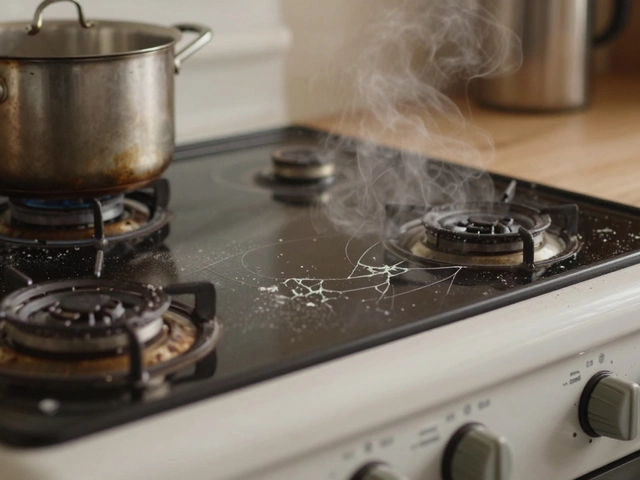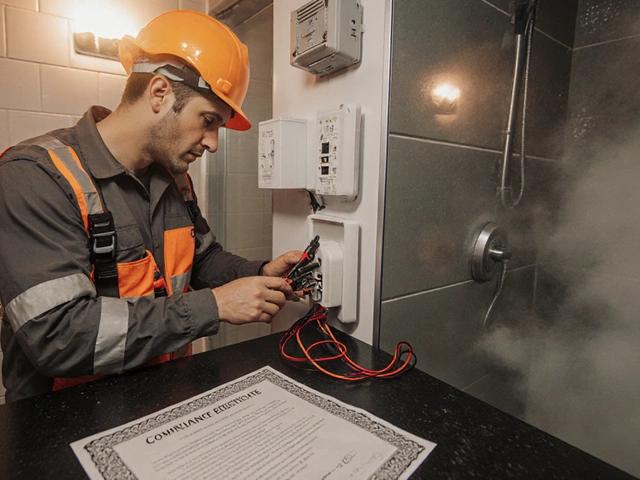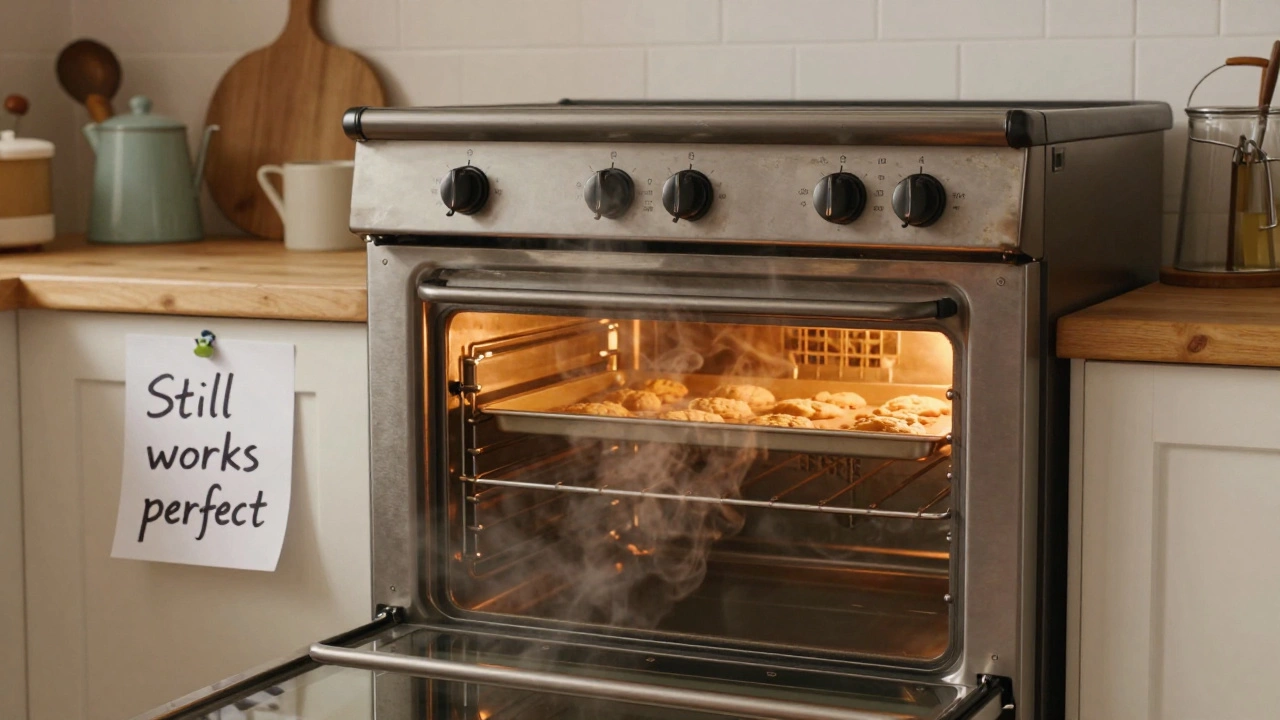Appliance Lifespan: How Long Do Your Household Gadgets Really Last?
Ever wonder why your fridge gives up after a few years while the neighbour's oven still works fine? The answer lies in a mix of design, usage, and maintenance. Knowing the typical lifespan of each appliance helps you budget for repairs or replacements before they crash.
Below you’ll get straight‑forward numbers for the most common appliances in a UK home, plus the biggest factors that push those numbers up or down. No jargon, just the facts you need to keep your kitchen and boiler humming.
What Determines an Appliance’s Lifespan?
First, understand that “lifespan” isn’t a fixed guarantee. It’s an average based on thousands of units. A few key things swing the clock:
- Brand and build quality: Premium brands often use thicker steel, better seals, and more reliable electronics. That can add 5‑10 years compared with a cheap off‑brand.
- How often you use it: A dishwasher that runs once a day wears faster than one used twice a week. Same with heating appliances – a boiler that kicks on every night will age quicker.
- Maintenance habits: Regular cleaning, descaling, and filter checks prevent small problems from becoming big failures. Skipping a yearly service on a water heater or boiler can shave years off the life.
- Installation quality: Poor wiring on an electric oven or a mis‑aligned fridge door can cause extra strain, leading to premature breakdowns.
- Environment: Damp basements accelerate rust on washing machines; dusty kitchens can clog extractor fan motors.
With those factors in mind, here are the typical lifespans you’ll see across the board:
- Refrigerators and freezers: 10‑15 years
- Washing machines: 8‑12 years
- Dishwashers: 7‑10 years
- Electric ovens and hobs: 10‑15 years
- Boilers (gas or oil): 10‑15 years, but up to 20 with proper servicing
- Water heaters: 8‑12 years for tanks, 10‑15 years for tankless models
- Heat pumps: 12‑15 years
- Extractor fans (kitchen or bathroom): 5‑8 years
Tips to Keep Your Appliances Running Longer
Now that you know the averages, follow these easy habits to nudge your appliances toward the high end of those ranges:
- Schedule annual check‑ups: A quick visit from a qualified technician can catch worn seals, corroded parts, or electrical issues before they cause a breakdown.
- Clean regularly: Wipe down oven interiors after each use, clear lint from dryer vents, and dust extractor fan blades every six months.
- Descale water‑using devices: Use a vinegar solution or a commercial descaler on coffee makers, kettles, and especially on water heaters and boilers.
- Don’t overload: Packing a washing machine to the brim stresses the drum and motor. Stick to the recommended load size.
- Use the right settings: Running a dishwasher on an eco‑cycle for lightly soiled dishes saves energy and reduces wear on pumps.
- Check seals and gaskets: A cracked fridge door seal lets cold air out, forcing the compressor to work harder.
- Power surge protection: Plug sensitive appliances like ovens and hobs into a surge protector to avoid electrical spikes.
When an appliance starts showing warning signs – strange noises, longer cycles, or inconsistent temperatures – address it fast. Early repairs often cost a fraction of a full replacement.
Bottom line: Knowing the typical lifespan of each appliance and giving it a bit of love can stretch its useful years, save you money, and keep your home running smoothly. Need help with a repair or a professional service? Our Rugby team is ready to jump in. Just give us a call, and we’ll make sure your appliances get the care they deserve.









